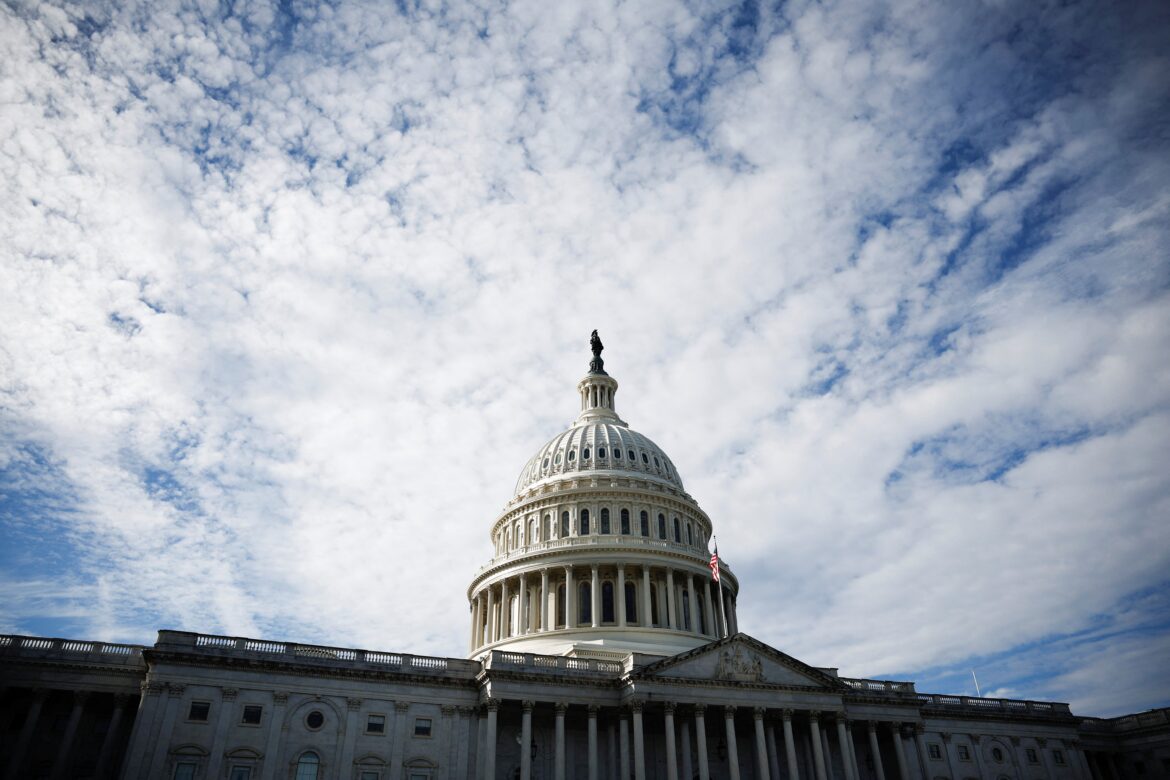WASHINGTON (OSV News) — The confirmation of Brian Burch, President Donald Trump’s nominee for U.S. ambassador to the Holy See, was blocked May 13 amid a hold by a Senate Democrat on State Department nominees in protest of the Trump administration’s closure of the U.S. Agency for International Development.
Through a procedure called unanimous consent, the Senate considers a matter agreed to if no senator objects, which can expedite certain procedures such as confirmations to government posts. Any one senator can block that process, a tactic senators in the minority party typically use to delay or prevent moves by the majority party to which they object.
Since Burch’s confirmation was denied unanimous consent, the chamber will likely consider it within a few weeks.
Sen. Eric Schmitt, R-Mo., said in a video posted on X on May 13 that he “asked for unanimous consent to get the Ambassador to the Vatican approved in time to get to the installation of the pope this weekend,” in reference to the inaugural Mass of Pope Leo XIV on May 18.
Pope Leo is the first U.S.-born pope, and Schmitt argued Burch should be confirmed prior to his inauguration in order to attend in his role.
“The Democrats objected to that,” Schmitt, who is Catholic, said in the video. “They’re objecting to everything. They’re totally broken. They don’t stand for anything except obstructionism and trying to get headlines for one ridiculous thing after another so that’s the state of play.”
However, Sen. Brian Schatz, D-Hawaii, ranking member of the Senate Appropriations Subcommittee on State, Foreign Operations, and Related Programs, previously placed a blanket hold on all of Trump’s nominees to the State Department due to his concern over their closure of USAID.
According to the U.S. Senate Journal, part of the Congressional Record, Schatz said in remarks on the floor the same day that he had placed a “hold on nominees coming out of the Senate Foreign Relations Committee because it has been almost 4 months since Donald Trump and Marco Rubio illegally and unilaterally shuttered the U.S. Agency for International Development under the guise of a so-called review, which should be done by now.”
Schatz said that while it would be “a very nice time to send our Ambassador to the Holy See,” he would not “expedite confirmation of State Department nominees until and unless this administration starts complying with the law.”
The State Department formally notified Congress in March that it plans to dissolve USAID and move some of its remaining functions under the department’s purview, and its reorganization will be done by July 1.
But closing the agency — which was authorized by Congress — without congressional approval is likely to face legal challenges. In March, a federal judge said the shuttering of the agency by billionaire Tesla CEO Elon Musk and his Department of Government Efficiency, an unofficial task force with the stated intent of curbing federal spending, likely violated the Constitution.
Cuts to funding for the government’s now-shuttered humanitarian aid agency in countries all over the globe include funding for efforts by Catholic and other faith-based humanitarian groups such as Catholic Relief Services.
Kate Scanlon is a national reporter for OSV News covering Washington. Follow her on X @kgscanlon.




